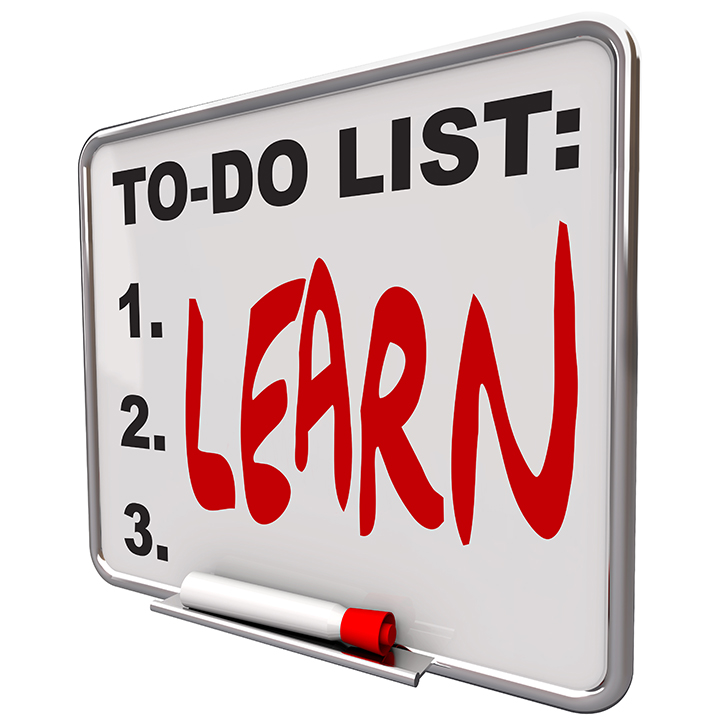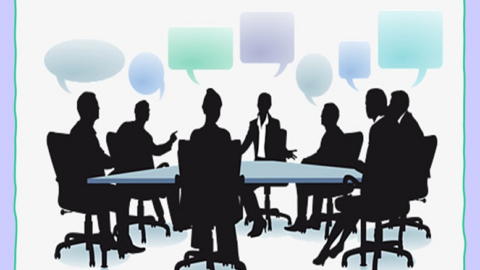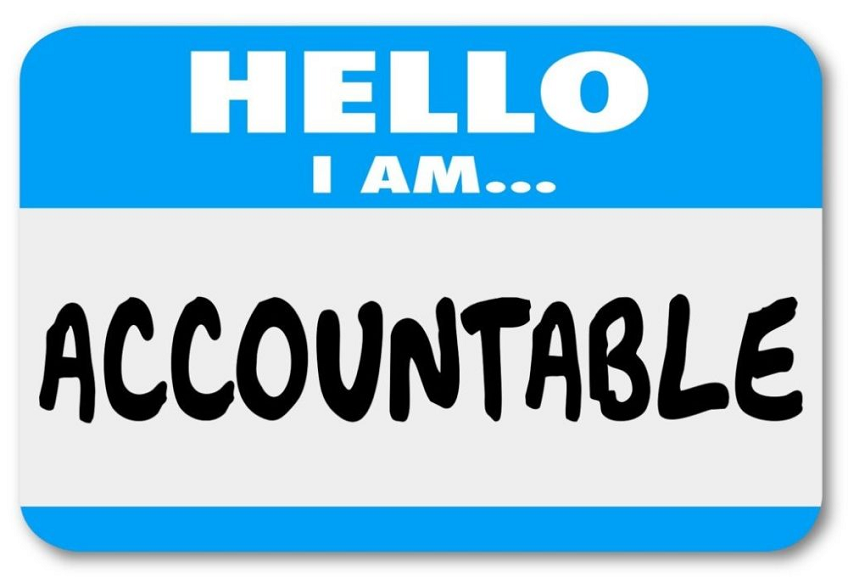Workplace stress costs U.S. industry more than $300 billion per year, according to Kaiser Permanente. Costs include absenteeism, turnover, diminished productivity, and medical, legal and insurance expenses.
And it is getting worse.
Although employee productivity over the past year is up, it has come at a significant human cost. Fifty-four percent of employees feel overworked, and 39% feel exhausted, according to the 2021 Microsoft Work Trend Index Report. Much of it is caused by the increased “digital intensity” of workers’ days.
Just look at the data from the report comparing Microsoft 365 collaboration trends between February 2020 and February 2021
- 148% increase in time spent in meetings
- 45% increase in chats sent per week
- 42% increase in after-hours chats sent per person
- 40.6 billion more emails sent
It’s no wonder that droves of employees are heading toward the door in The Great Resignation.
Here are some suggestions from Kaiser for companies to address workplace stress:
- Hold a workshop to identify common stressors and brainstorm possible solutions
- Align company policies with best practices for preventing stress and burnout
- Educate employees about available stress management and mental health resources, including your EAP (Employee Assistance Program) and health plan
- Offer activities like meditation and yoga, mindfulness programs or apps, or resilience training
- Continue asking for feedback and improving so that stress management becomes integral to your culture
It’s also important for employees to feel empowered and to know when to say “when.”
Here are some tips for employees:
It’s okay not to be okay. There’s no shame in admitting you’re overwhelmed or overworked or simply burned out. We saw some great examples of this in the recent Olympics when several athletes prioritized their mental health over others’ expectations and accolades.
Take frequent breaks during the day. Breaks are even more important in a remote and hybrid world, according to Dr. Mary Donohue, Founder of Digital Wellness. “In digital, information is overwhelming and can lead to a constant state of panic. You need to make a quiet space in your day to allow your brain to distill the constant flow of information.”
Talk to your leader. Explain what’s going on and work together to co-create a solution and learn about resources for help. Some time off, a flexible schedule, taking advantage of the EAP program, for example.
Make time to feed your soul. Whatever makes you happy, makes you laugh, calms you down, just do it. On a regular basis.
Use your vacation time. And TOTALLY disconnect.
Remember, if you don’t take care of yourself, you’re not going to be good for anyone or anything!
Find even more stress busters in my Stress for Success podcast series.
Till next time, keep it real.
Karen









